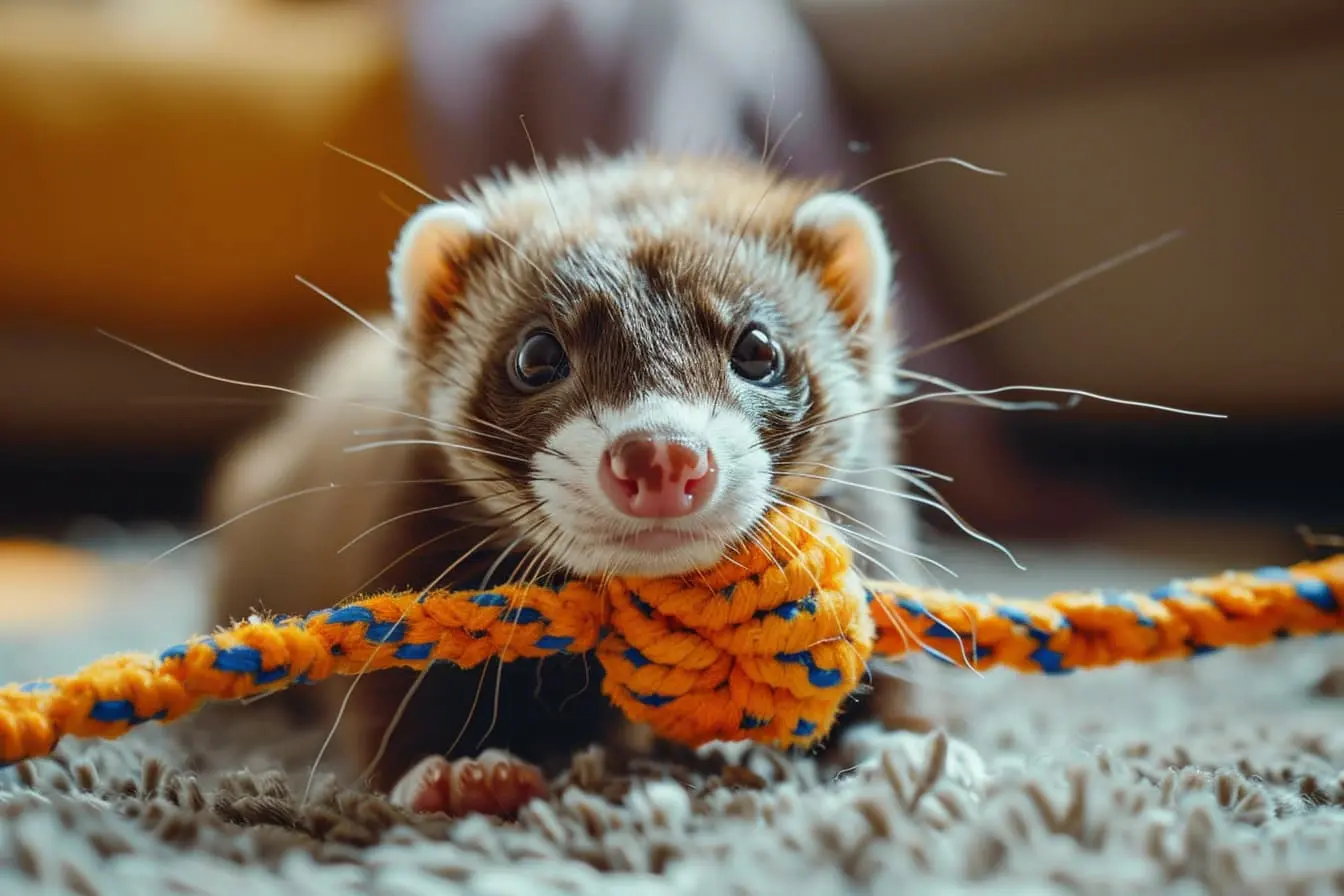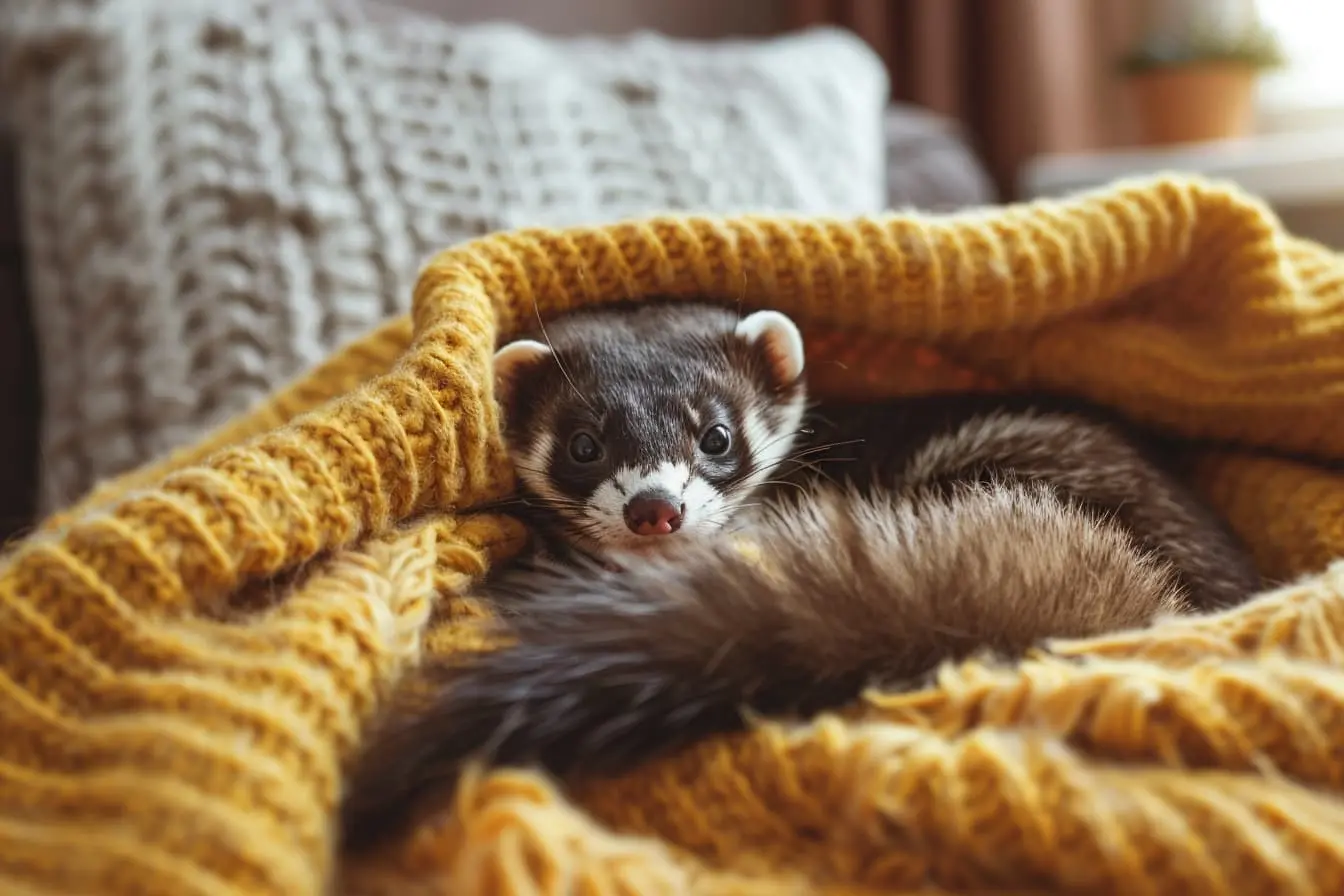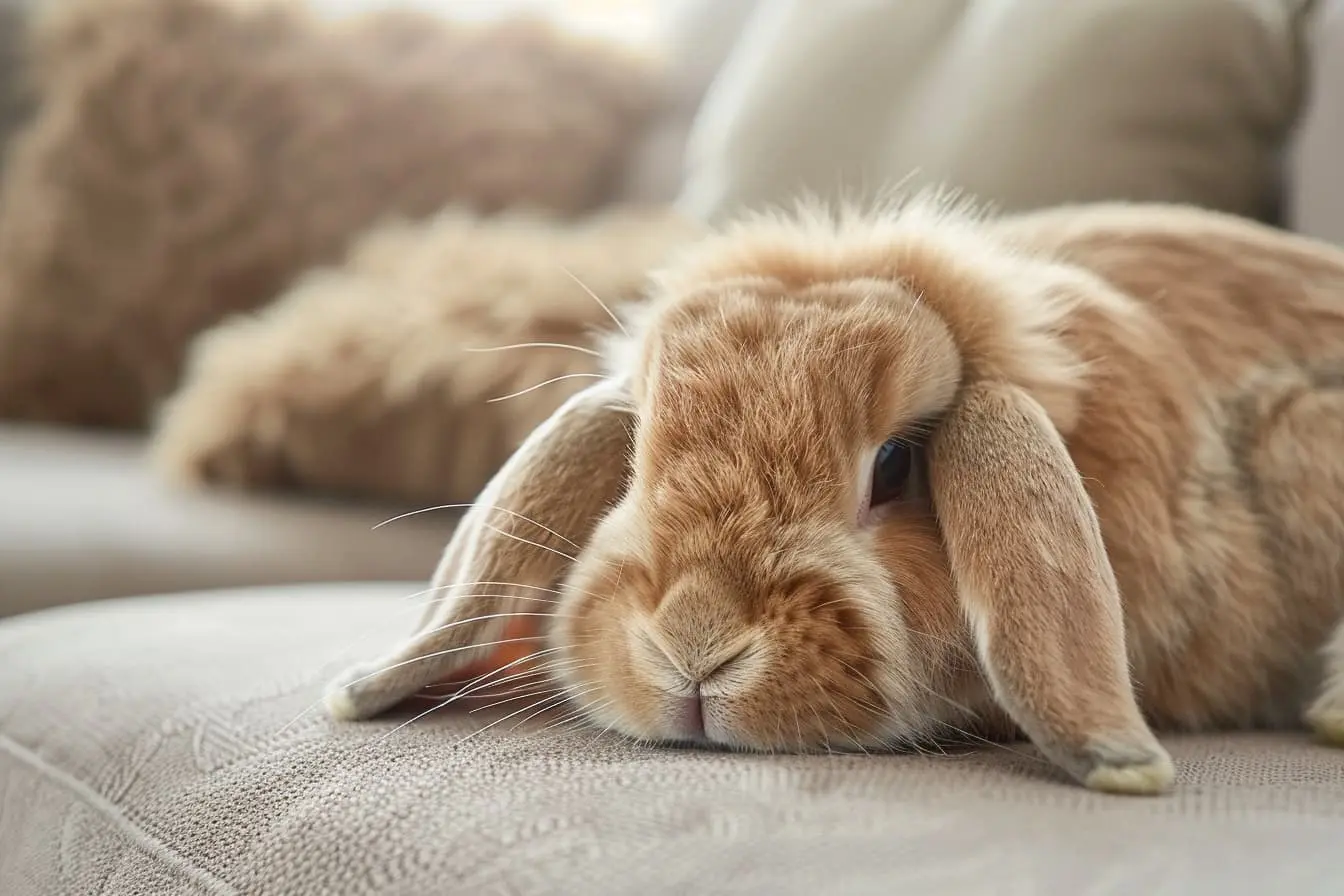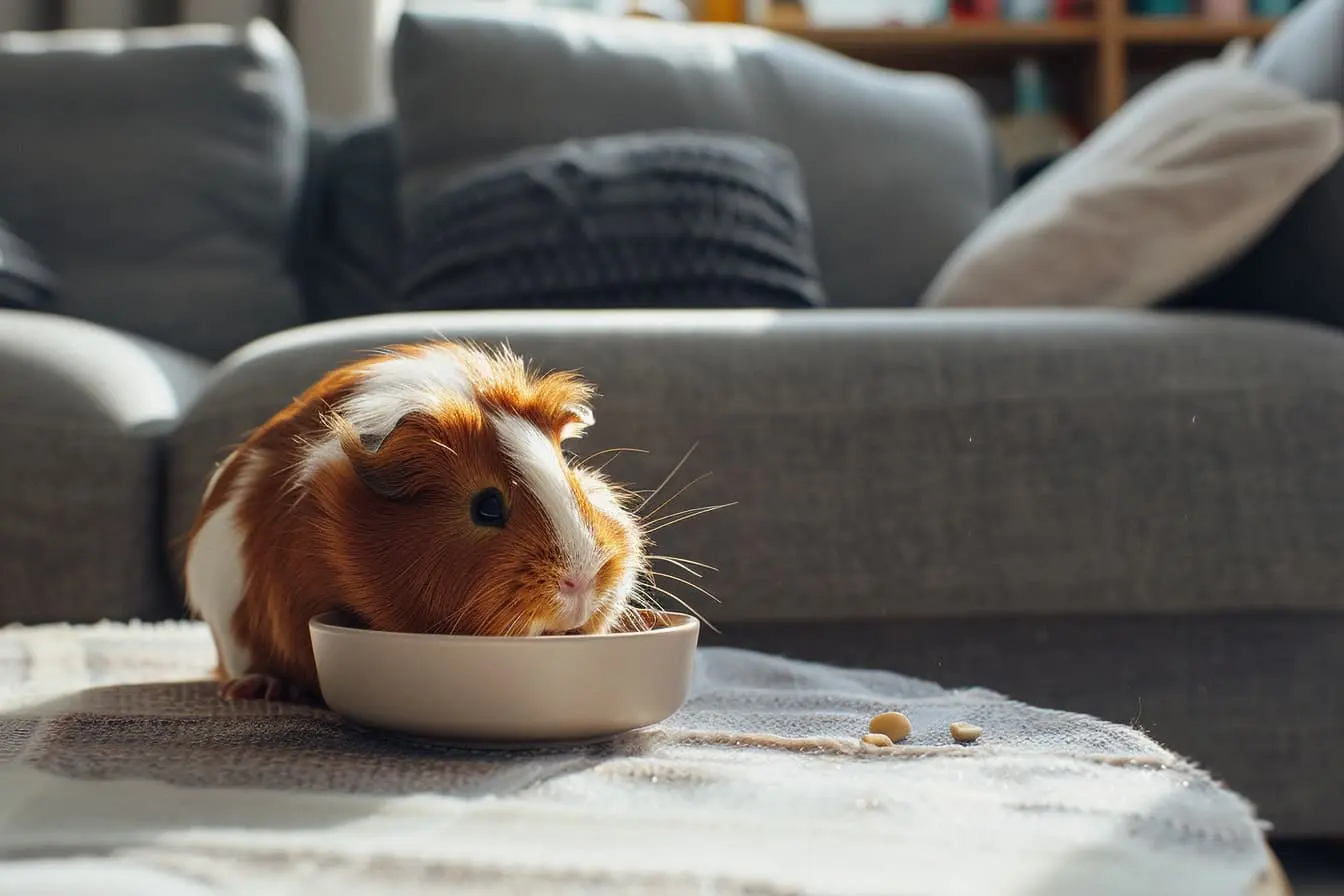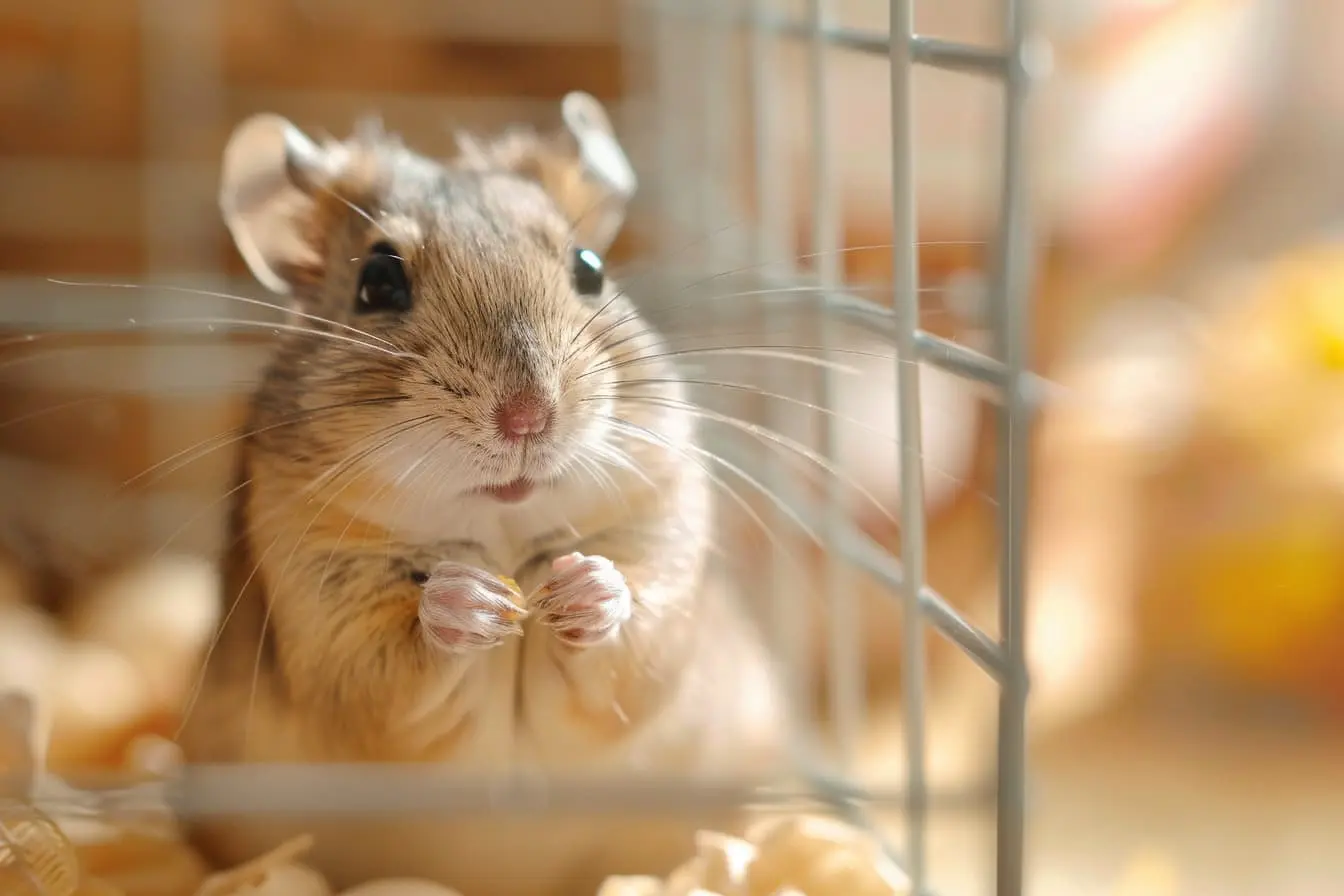
The Top 25 Gerbil Care Questions Answered by UK Vets
Gerbils are delightful pets, known for their energetic and sociable nature. Gerbil owners often seek advice to ensure their furry friends live a happy and healthy life. Here are the top 25 questions that UK vets commonly answer about gerbil care, providing valuable insights for both prospective and current gerbil owners.
Diet and Nutrition
1. What should I feed my gerbil? A balanced diet for a gerbil includes a commercial gerbil mix, supplemented with small amounts of fresh vegetables and occasional fruits.
2. Can gerbils eat cheese? Yes, in very small quantities as an occasional treat. Cheese should not be a regular part of their diet.
3. How often should I feed my gerbil? Daily, with a constant supply of fresh water. Remove uneaten fresh food after a few hours to prevent spoilage.
Health Care
4. How often should my gerbil see a vet? Annually for a health check-up, or immediately if you notice any signs of illness such as lethargy, weight loss, or changes in eating habits.
5. Do gerbils need vaccinations? No, gerbils do not require vaccinations but should be regularly checked for signs of health issues.
6. What are common health issues in gerbils? Tumours, respiratory infections, and dental problems are among the common health concerns in gerbils.
Housing and Environment
7. What type of cage is best for a gerbil? A glass aquarium with a secure mesh top or a specially designed gerbil tank that provides deep bedding for burrowing and space for exercise.
8. How often should I clean the cage? Perform a complete clean every two weeks, but remove soiled bedding and replenish food and water daily.
9. Can gerbils live together? Yes, gerbils are social animals and thrive in pairs or small groups of the same sex to prevent breeding.
Behaviour and Socialisation
10. Why is my gerbil chewing the cage? Chewing is a natural behaviour for gerbils to maintain their teeth. Provide plenty of chew toys and ensure the cage is large enough.
11. How can I tame my gerbil? Start by letting them get used to your presence, then gradually introduce your hand into the cage with treats. Patience and gentle handling are key.
12. Do gerbils enjoy being handled? Many gerbils enjoy interaction once they are accustomed to their owners. Always approach them calmly and handle them gently.
Grooming and Handling
13. How do I groom my gerbil? Gerbils are clean animals and require minimal grooming. Offer a sand bath a few times a week to help them maintain their coat.
14. Is it safe to hold my gerbil by the tail? No, never hold a gerbil by the tail as it can cause injury. Support their body when picking them up.
Nutritional Health Issues
15. Can gerbils become overweight? Yes, if fed too much high-fat food. Monitor their diet and provide opportunities for exercise.
General Care
16. How long do gerbils live? Gerbils typically live for 2 to 4 years, though this can vary based on care and genetics.
17. Can gerbils be litter trained? Gerbils tend to choose one corner of their cage for bathroom use, which can be encouraged with a litter tray, though complete training may be challenging.
18. What should I do if my gerbil escapes? Secure the room, remove hazards, and place their cage on the floor with the door open and food inside to entice them back.
19. How can I make my gerbil's cage more interesting? Add tunnels, platforms, and chew toys. Changing the layout occasionally can also keep them stimulated.
20. Can gerbils see in the dark? Gerbils have good night vision but still prefer some light to navigate their environment.
21. What are signs of stress in gerbils? Aggression, excessive grooming, and changes in eating or sleeping habits can indicate stress. Ensure they have a comfortable environment.
22. Can I take my gerbil outside? It's not recommended due to the risk of escape and exposure to predators. Use a secure playpen indoors for exercise.
23. How do I know if my gerbil is happy? A happy gerbil is active, curious, and shows interest in their environment and interaction with you.
24. Can gerbils eat chocolate? No, chocolate is toxic to gerbils and should never be given to them.
25. How can I tell the sex of my gerbil? Males tend to have a visible bulge near their tail due to the testes. For precise identification, especially in young gerbils, consult a veterinarian.
By understanding and addressing these common questions, gerbil owners can ensure their pets enjoy a fulfilling and healthy life. Regular vet visits and informed care are crucial for the well-being of these delightful small animals.
Vets near you
Speciality vets
- Aquatics vet specialists
- Birds vet specialists
- Camelids vet specialists
- Cats vet specialists
- Cattle vet specialists
- Deer vet specialists
- Dogs vet specialists
- Equines vet specialists
- Exotic vet specialists
- Goats vet specialists
- Pigs vet specialists
- Poultry vet specialists
- Sheep vet specialists
- Small Mammals vet specialists
- Wild vet specialists
Vet facilities
- Accessible by public transport
- Blood testing
- Car park nearby
- Client car park
- Dentistry
- Diagnostic imaging
- Disabled public access
- Flea and worm treatments
- Microchipping
- Mobile services
- Neutering
- Open at weekends
- Out-of-hours service
- Referral interests
- Referrals only
- Street parking outside
- Toilets available
- Vaccinations
